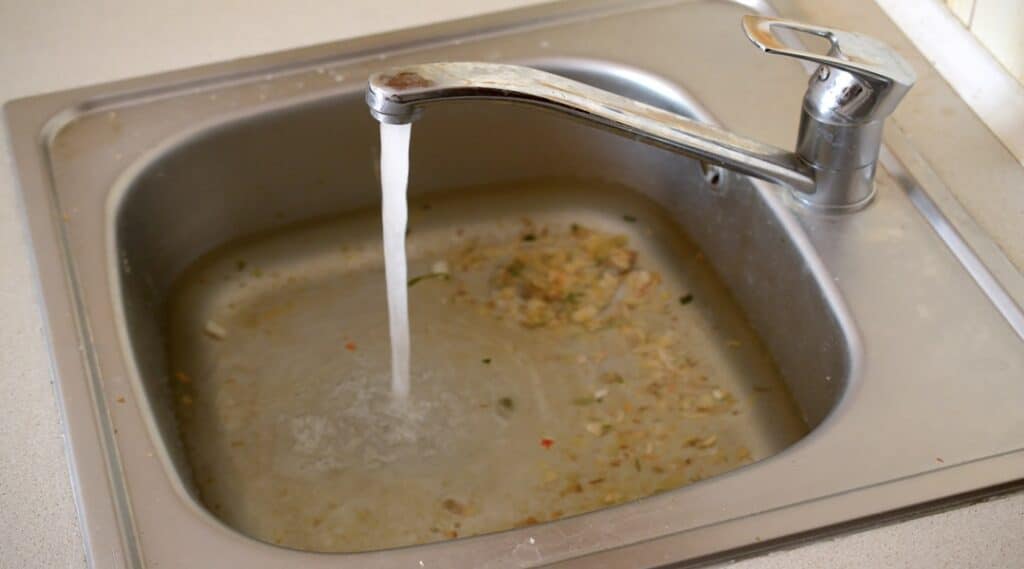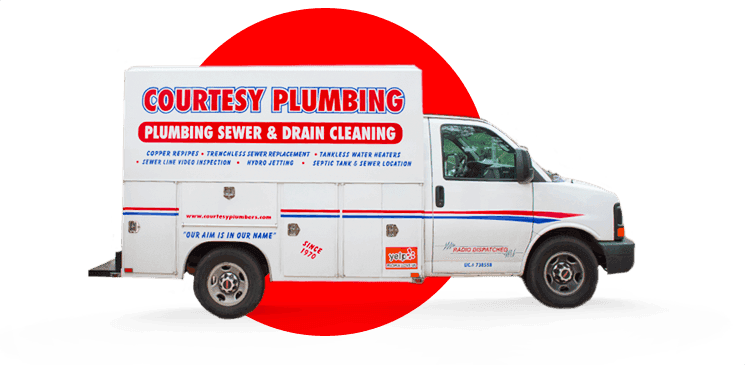Pouring grease down the drain might seem like a quick fix, but in Covina, it spells trouble for homeowners and the environment alike. This simple act can lead to severe clogging issues within your home’s plumbing system, initiating a domino effect that’s neither pleasant nor cheap to resolve. Beyond just the personal inconvenience and potential damage costs lies a larger concern: our local waterways suffer, too.
When fats, oils, and greases (FOGs) find their way into sewers, they wreak havoc on marine ecosystems. Learning how to dispose of grease safely not only saves you from pricey repairs but also shields our precious water resources from pollution.
Clogging Risks for Covina Homes
Pouring grease down your drain might seem harmless, but in reality, it’s a major problem for Covina homes. Fats, oils, and greases (FOG) solidify within sewer lines causing severe clogs and overflows that threaten health while hurting the environment too. These blockages can occur anywhere from household pipes to public sewers, especially during peak seasons like holidays when cooking is frequent.
To combat this issue, store grease in a jar for reuse or let it harden and throw it away, this helps prevent potential back-ups at home or on the streets, making visits for drain cleaning in Covina less likely.
Environmental Impacts in Local Waterways
Pouring grease down the drain does more than harm your pipes; it wreaks havoc on local waterways. Once cooled, grease solidifies, binding to other waste and creating massive blockages in sewer systems. This not only disrupts the natural flow of water but also leads to overflows.
These spills carry pollutants, poisoning aquatic habitats. The chemicals from decomposing waste reduce oxygen levels in the water, which is critical for fish survival and leads to decreased biodiversity—an impact you might not see immediately but will feel for generations.
Moreover, cleanup efforts drain municipal resources that could support community projects or infrastructure improvements. Yet another reason to think twice before disposing of grease improperly.
Costly Plumbing Repairs Explained
When you pour grease down the drain, it might seem harmless at first. However, as it cools and solidifies, it creates a sticky mess inside your pipes. This gunk traps other waste, leading to severe clogs that can halt your drainage system completely.
Not only does this issue affect households, but it also burdens municipal sewer systems with costly repairs due to “fatbergs.” These massive blockages consist of congealed oil and grease combined with other debris. Dispose of cooking grease properly in containers instead of washing it down your sink. This helps avoid plumbing nightmares and expensive interventions like hydro jetting or drain cleaning machines by professionals.
Safe Grease Disposal Methods
To tackle grease disposal effectively, let it cool in your pan first. For oils like olive or coconut, absorb them with paper towels and discard them in the bin. If there’s a lot of oil, consider storing it for reuse in a glass jar or bottle.
Should you opt not to reuse it, seal the oil in a disposable container before trashing it safely. For solid fats such as lard or bacon grease that harden on cooling, crape them directly into the ash using something rigid like a spatula after they’ve solidified. No pouring down drains!
Pouring boiling water mixed with dish soap can help clear any accidental slips by breaking down the grease inside pipes, but remember, this is more of an emergency measure than regular practice. Remember, communal efforts are vital; unchecked fatbergs from combined negligence can lead to significant sewage problems that affect entire communities. Always dispose thoughtfully to prevent costly and disgusting blockages downstream.



